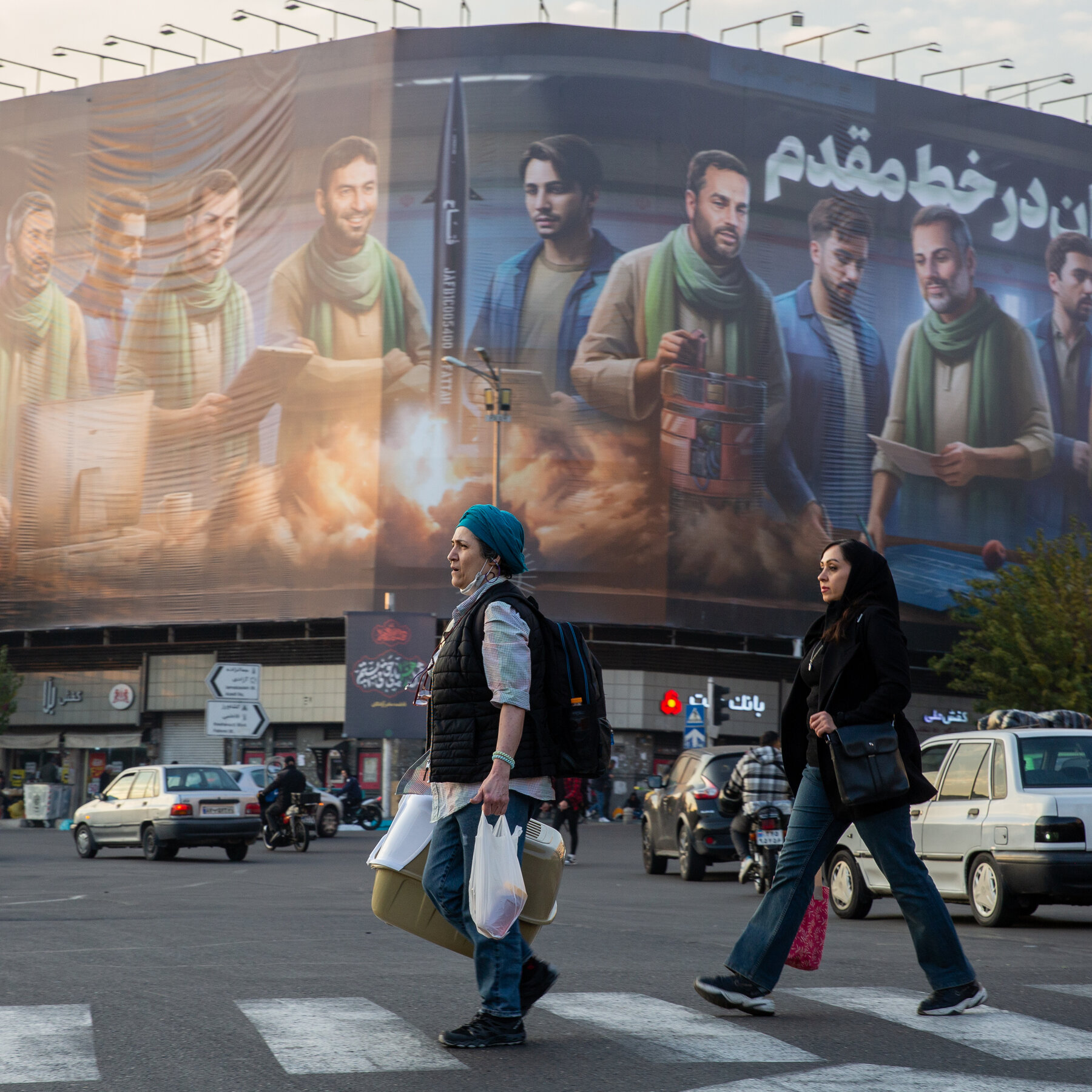After Lebanon Cease-Fire, Gaza and Iran’s Nuclear Ambitions Await Trump

You have a preview view of this article while we are checking your access. When we have confirmed access, the full article content will load.
news analysis
A broader peace in the Middle East will be difficult to achieve, and Iran’s threat to Israel looms over any diplomatic effort.

Steven Erlanger covers European and Middle East diplomacy. He reported from Berlin.
Difficult as it was to achieve, the cease-fire in Lebanon was the easy part.
After helping to strike the deal this week, President Biden insisted that “peace is possible,” reflecting hopes that the cease-fire between Israel and Hezbollah in Lebanon could be a first step toward ending conflicts across the broader Middle East.
But the obstacles to peace beyond Lebanon are formidable, and any regional realignment is likely to fall to Mr. Biden’s successor, Donald J. Trump.
Both Israel and Iran, the regional power that backs Hezbollah, wanted an end to the fighting in Lebanon, each for its own reasons. All but decimated, Hezbollah had little alternative.
But that does not mean peace is close in Gaza. Israel and Hamas remain far apart on a cease-fire of their own. Key regional powers like Saudi Arabia still insist on a Palestinian state, a prospect that looks ever more distant. And, not least, looming over any diplomatic effort is the prospect of a nuclear-armed Iran.
In his address to Israelis explaining why he had agreed to the Lebanon cease-fire, Prime Minister Benjamin Netanyahu was unequivocal: “The first reason is to focus on the Iranian threat.”
Iran will be Mr. Trump’s first order of business in the region. That is not only because it is the linchpin of the threats facing Israel, but also because it continues to enrich uranium that can quickly be turned into weapons, and time is running out to reach a new deal to curb its production.






